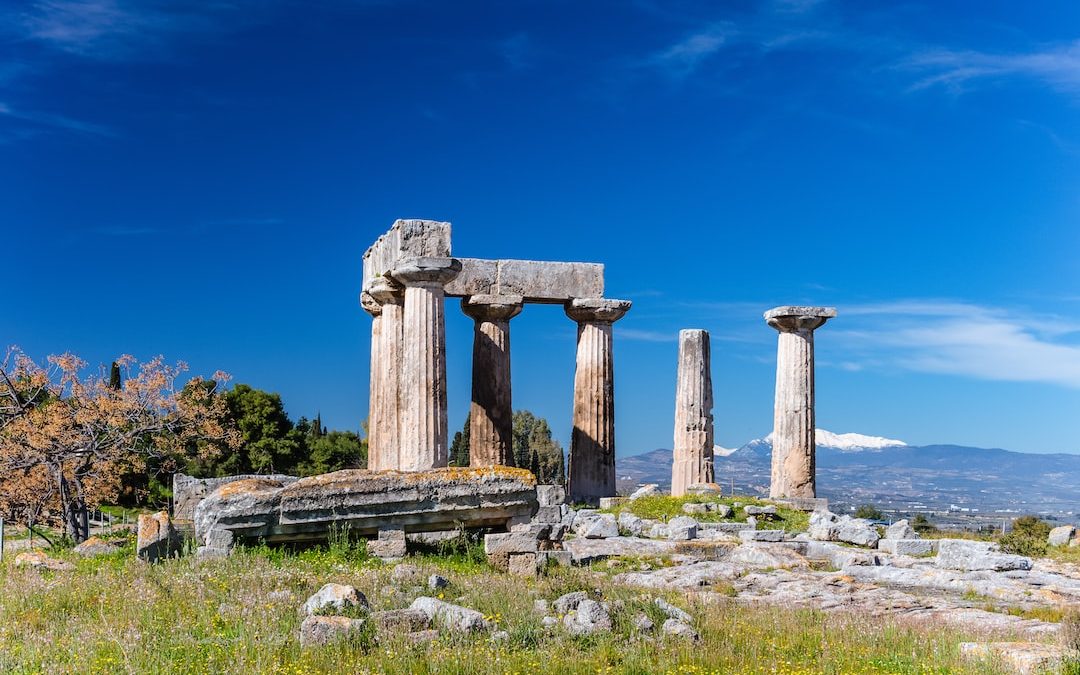Table of Contents
Exploring India’s Cultural Heritage Sites
Introduction
India has a rich and vibrant culture that is evident in its cultural heritage sites. From ancient monuments to the majestic palaces and forts, these sites are a testament to the country’s rich history and cultural diversity. This blog post explores some of the most impressive and significant cultural heritage sites in India.
Forts and Palaces of Rajasthan
Rajasthan is home to some of the most spectacular forts and palaces in India. These grand structures are a testament to the power and influence of the Rajput rulers who once ruled the region. The Mehrangarh Fort, set atop a hill overlooking the city of Jodhpur, is one of the most impressive fortifications in the country. The palaces of Udaipur, often referred to as the Venice of the East, are a sight to behold. The City Palace and Lake Palace are examples of the grandeur of Rajasthan’s architecture.
Taj Mahal
The Taj Mahal is perhaps the most iconic monument in India. Located in Agra, this magnificent mausoleum was built by the Mughal emperor Shah Jahan in memory of his beloved wife Mumtaz Mahal. The Taj Mahal is a masterpiece of Mughal architecture and is considered one of the finest examples of Islamic art and architecture.
Khajuraho Temples
The Khajuraho Temples are a group of Hindu and Jain temples located in the state of Madhya Pradesh. The temples were built between 950 and 1050 AD and are renowned for their intricate carvings and sculptures. The temples are also renowned for their erotic sculptures, which are a reflection of the open-minded culture of the time.
Ajanta and Ellora Caves
The Ajanta and Ellora Caves are a series of Buddhist, Hindu and Jain rock-cut cave temples located in the state of Maharashtra. The Ajanta Caves date back to the 2nd century BC and are renowned for their paintings and sculptures. The Ellora Caves, on the other hand, were built between the 5th and 10th centuries AD and are renowned for their intricate carvings.
Hampi
The ruins of Hampi are located in the state of Karnataka and are a testament to the power and influence of the Vijayanagar Empire. The ruins consist of temples, palaces, forts and monuments that were built between the 13th and 16th centuries. The Virupaksha Temple, in particular, is renowned for its intricate carvings and sculptures.
Golden Temple, Amritsar
The Golden Temple, or Harmandir Sahib, is one of the most important Sikh pilgrimage sites in India. The Golden Temple was built in the 16th century and is renowned for its golden dome and intricate carvings. The temple complex is also home to the Akal Takht, the highest seat of authority for the Sikh religion.
Konark Sun Temple
The Konark Sun Temple is a 13th century temple located in the state of Odisha. The temple is dedicated to the Hindu deity Surya and is renowned for its intricate carvings and sculptures. The temple is also renowned for its giant stone chariot, which is a masterpiece of Odisha’s temple architecture.
Mahabodhi Temple, Bodh Gaya
The Mahabodhi Temple is located in the town of Bodh Gaya in Bihar and is one of the most important Buddhist pilgrimage sites in India. The temple marks the spot where the Buddha attained enlightenment and is renowned for its intricate carvings and sculptures.
Group of Monuments at Mahabalipuram
The Group of Monuments at Mahabalipuram is a series of rock-cut temples located in the town of Mahabalipuram in the state of Tamil Nadu. The temples date back to the 7th century and are renowned for their intricate carvings and sculptures.
Kashi Vishwanath Temple, Varanasi
The Kashi Vishwanath Temple is located in the holy city of Varanasi in Uttar Pradesh. The temple is dedicated to the Hindu deity Shiva and is one of the most important pilgrimage sites for Hindus. The temple is renowned for its intricate carvings and sculptures.
Conclusion
India’s cultural heritage sites are a testament to the country’s vibrant and diverse culture. From ancient temples to grand forts and palaces, these sites are a window into India’s rich history and cultural heritage. Exploring these sites is not only a great way to learn about India’s history and culture, but also a great way to experience the beauty and grandeur of its architecture.












